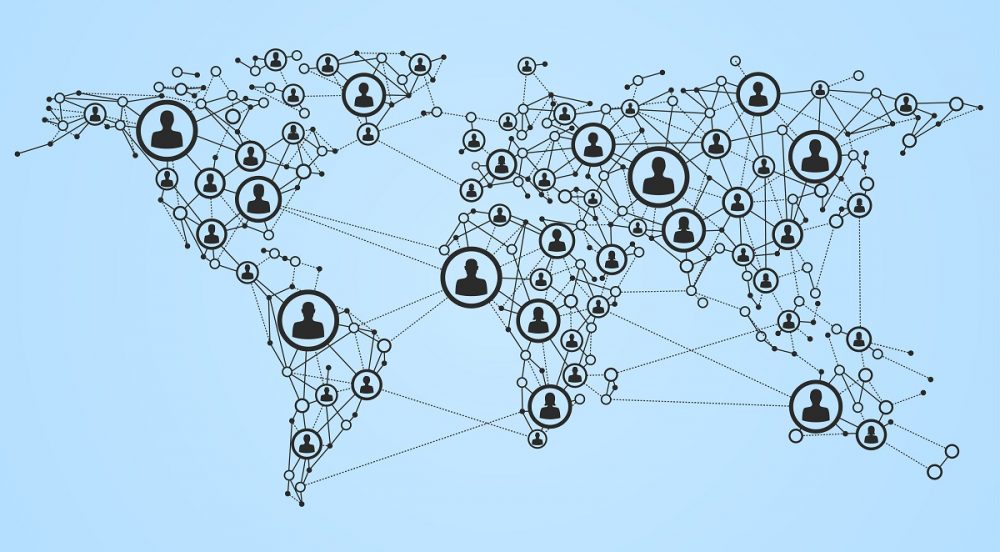
SUMMARY
Researchers from the field of information systems held three events to discuss how their field can set aside colonial legacies and approach Indigenous peoples in new ways. Together, they considered interdisciplinarity, power dynamics, and alternate modes of knowledge.
STORY
Researchers in the field of information systems are working to better engage with Indigenous peoples.
At three events, researchers shared their perspectives on the issue. Each event is the subject of a recent paper, and the three together offer a glimpse into how an academic field evolves through collaboration and debate.
In brief, information systems (IS) refers to the interaction between information technology and people, as well as the nature of that interaction, says Michael Myers, professor of information systems at the University of Auckland and academic lead on the Worldwide Universities Network (WUN) project. More specifically, this work focuses on the role of digital technologies in transnational Indigenous movements, such as the ongoing Idle No More protest movement.
Pitso Tsibolane, a coauthor of all three papers and senior lecturer in information systems at the University of Cape Town, says, “The historical colonization of the Indigenous people, particularly in the global South, not only devastated relationships between the North and South but has also [harmed] perceptions of scientific research among Indigenous people in the postcolonial era.
“Scientific research is viewed suspiciously, as it has been applied inhumanely and exploitatively. It’s up to the IS field to familiarise and understand the history of scientific research in order to rethink how to engage harmoniously with Indigenous peoples.”
The use of digital technologies by marginalised groups to engage in cyberactivism was the subject of the first event, which took place in 2018 at the University of Massachusetts, Amherst. Researchers approached the central topic with attention to Wikipedia, environmentalism, social justice, and theoretical lenses for understanding tech use by marginalised groups. The paper summarising the event appears in the journal Communications of the Association for Information Systems.
The second event, held at the University of Southampton in November 2018, gathered researchers from IS and other fields to consider how an interdisciplinary approach could benefit scholarship on complicated social phenomena, particularly the status of marginalised groups. Using postcolonial theory as a foundation, each participant shared research on a marginalised group’s technology use with consideration of the power dynamics at play, specifically “the idea that Western, White, or Euro-centric worldviews primarily influence studies on human practices in the IS literature.” Together, the participants call for “more nuanced, critical, and polyvocal narratives” that will bring new kinds of knowledge into IS research. Their summary of the event appears in the journal Communications of the Association for Information Systems.
For the third event, a panel of IS researchers convened in Munich, Germany, at the 2019 International Conference on Information Systems (ICIS) to discuss the ethics of the field’s engagement with Indigenous groups. In the paper summarising the panel, Myers and coauthors call for IS research to take a “decolonial turn,” one that questions assumptions born from colonialism and seeks more expansive ways of understanding the world. There, Tsibolane put forward Ubuntu, a Sub-Saharan concept of personhood–summarised as “I am because you are,” as a useful framework for IS researchers to consider.
“Ubuntu not only offers IS researchers an ethical approach to interact and work with and among Indigenous people that is grounded in humaneness,” he says, “it offers a rich and alternative conception of personhood. This helps us to think through the question of who is human and whose humanity matters.” Ubuntu would also offer a mode of considering information and communication technologies that embeds them in this interrelatedness, rather than as instruments, he says.
The WUN partner institutions for “The trans-nationalisation of Indigenous movements: The role of digital technologies” are The University of Auckland, University of Cape Town, University of Massachusetts Amherst, and the University of Southampton.